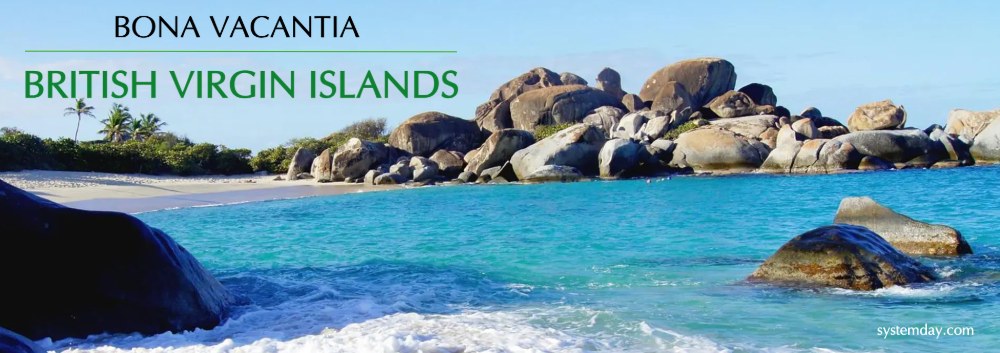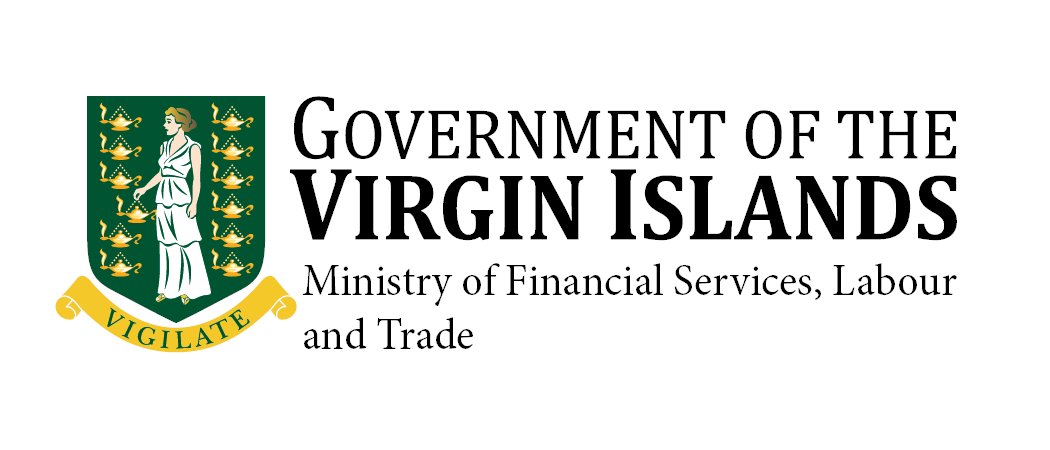
Policy paper approved by Cabinet on 21 July 2021
Bona Vacantia and Dissolved Companies
Bona Vacantia is the legal term used to describe property that has fallen into the ownership of the Crown because it has been abandoned or left unclaimed and ownerless.
A company property falls Bona Vacantia where the company that owned it was dissolved with the company failing to distribute some or all the assets prior to dissolution.
On dissolution of a company, its property, cash and any other assets are automatically pass to the Crown in accordance with the related provisions under the BVI Business Companies Act, 2004. The said provisions place on statutory footing the centuries old common law principle of Bona Vacantia.
Liabilities of a company do not pass to the Crown on dissolution; they are usually extinguished. A company is dissolved in basically two ways. The Registrar of Corporate Affairs can strike off a company for failure to comply with various legal obligations and this striking off is usually followed by dissolution. Alternatively, following a formal liquidation by its members or creditors, a company can be dissolved. (sections 220 and 221 of the BVI Business Companies Act)
Bona Vacantia Assets
Any asset can become Bona Vacantia including:
- land and interests in land in the Virgin Islands
- land and interest in land or property outside the Virgin Islands
- bank accounts
- other forms of cash (such as insurance policies, or sums paid into court)
- intellectual property
- shares in another company owned by the dissolved company
The Minister does not deal with assets which are held by a dissolved company as a trustee for someone else.
If an asset becomes Bona Vacantia, it automatically falls to the Crown. The Crown does not have to deal with it in any particular way in order to establish ownership.
The Minister may disclaim the Crown’s title to onerous property which vests in the Crown. ‘Onerous Property’ is defined as: section 221(1) of the BVI Business Companies Act)
(a) an unprofitable contract; or
(b) property of the company that is unsaleable, or not readily saleable, or that may give rise to a liability to pay money or perform an onerous act.
Responsibility of the company to avoid Bona Vacantia
It is the responsibility of the directors and/or members a company to properly identify all the assets of a company so that the liquidator can distribute these prior to the dissolution of the company. It is also the responsibility of the directors and/or members to try to ensure that a company does not fail to comply with its legal obligations as such failure may lead to it being struck off and eventually dissolved by operation of law. In such a case, undistributed assets will fall Bona Vacantia in the same way as undistributed assets where the company had been formally dissolved by a liquidator.
If an asset becomes Bona Vacantia, it automatically falls to the Crown and no notice is given to affected parties. It is not the business of the Minister to correct mistakes nor to rectify negligence.
If you are a former member, shareholder or liquidator of a company and you would like to get an asset from the Crown, you will need to restore the company (if within the time limit permitted to do so). Another option is to seek to purchase the asset from the Crown for open market value but there is no guarantee that the Crown will sell it to you or at all. The Crown may deal with the asset on the open market if it is advantageous to do so or, alternatively, deal with it in any manner it sees fit.
Company Restoration
It may be possible to restore the company within certain statutorily imposed time limits under the BVI Business Companies Act, 2004. If this happens, the company comes back to life, Bona Vacantia no longer exists, and the asset belongs to the company again and must be returned to the company by the Crown. However, if while the company has been dissolved the Crown has disposed of the asset, the company will not be entitled to the asset back but, rather, will be entitled to be paid any money received by the Crown from the sale (less whatever costs were incurred by the Crown dealing with the asset).
The Minister may disclaim property
Under the law, the Crown may disclaim its interest in Bona Vacantia, if the Crown disclaims an asset, then the asset is treated as never having passed to the Crown as Bona Vacantia.
The Crown can disclaim any kind of asset, at any time and without prior notice to anyone. This power to disclaim is frequently used in relation to onerous property such as an asset which depreciates rapidly in value or one where it would be too costly to continue to keep or maintain it.
- property which is unsaleable, not readily saleable or which may give rise to a liability or be subject to onerous covenants.
- contracts which are unprofitable.
- property in negative equity
- property or other asset subject to a dispute or litigation.
- low value property
If the Crown decides to disclaim an asset the Minister will issue a notice of disclaimer, and the disclaimer notice will be published in the Virgin Islands Official Gazette.
Property disclaimed by the Minister in this way under the BVI Business Companies Act, 2004 is deemed not to have vested in the Crown.


